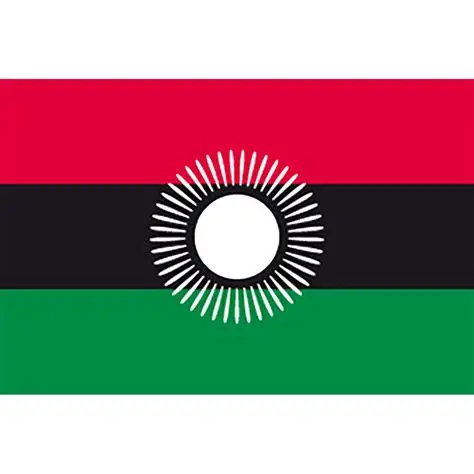Malawi is confronting a severe shortage of tuberculosis (TB) medicines, with health officials warning that national stocks will be exhausted by the end of September, raising fears that thousands of patients may see their treatment interrupted or halted altogether.
The crisis comes only months after the World Health Organization (WHO) commended the country for significant progress in the fight against the disease, announcing earlier this year that Malawi had managed to reduce TB cases by 40% over the past decade and achieved high rates of treatment success.
Dr Samson Mndolo, the secretary for health, said the shortage stemmed from a disruption in the global supply chain of pharmaceutical ingredients, compounded by a marked decline in international aid. He warned that newly diagnosed patients may soon be unable to access standard first-line regimens.
“This is a critical situation,” Mndolo said. “The global supply disruptions and reduced donor support have left us in a position where the continuity of treatment is not guaranteed.”
Hospitals and clinics across the country have already begun rationing their remaining medicines. In Blantyre, TB officer Lackson Namuku Gama reported that the district pharmacy had run out of RHZE, the cornerstone drug used in the initial phase of TB treatment.
“We registered zero stock of the drug,” Gama said. “To save our patients, we had to borrow from other facilities. We have also scaled down on the doses dispensed, to make sure at least something reaches everyone.”
The district has also run out of cartridges required for TB diagnostic testing, forcing staff to suspend all new screenings.
Neighbouring districts are bracing for similar shortages. In Rumphi, TB officer Umar Mwamadi estimated that existing stocks would last until mid or late September. “We are not yet affected by the stock-out, but our supply can only take us a few more weeks,” he said.
In Machinga, hospital official Wongani Nyirenda said facilities had so far managed by sharing limited stock between districts, but warned that the system was unlikely to hold as supplies dwindled nationwide.
“The situation is manageable for now,” Nyirenda said. “But once all facilities are without supplies, the problem will escalate quickly.”
Public health advocates have sounded the alarm over the possible consequences if patients are forced to abandon treatment midway. Interruptions not only increase the risk of death but also fuel the emergence of drug-resistant strains of TB, which are far harder and more expensive to treat.
Maziko Matemba, a health rights activist, urged the government to act swiftly to secure new supplies. “We must avoid chaos,” he said. “It is high time African countries began manufacturing some of these drugs locally.
Despite the recent decline in cases, TB remains one of Malawi’s most pressing public health challenges. The country records an estimated 119 cases per 100,000 people, compared with eight per 100,000 in the United Kingdom. Mortality stands at nearly 39 deaths per 100,000, and according to the US Centers for Disease Control and Prevention, almost half of all TB cases in Malawi are co-infected with HIV.
The crisis has been compounded by Malawi’s economic fragility. With 70% of its 21.6 million people living in extreme poverty and more than half consuming fewer calories than the minimum daily requirement, many citizens are already acutely vulnerable to illness.
The health ministry has not yet announced a concrete plan to address the shortfall. Unless urgent measures are taken, campaigners fear that one of Malawi’s most celebrated public health achievements of the past decade could be rapidly undone.



